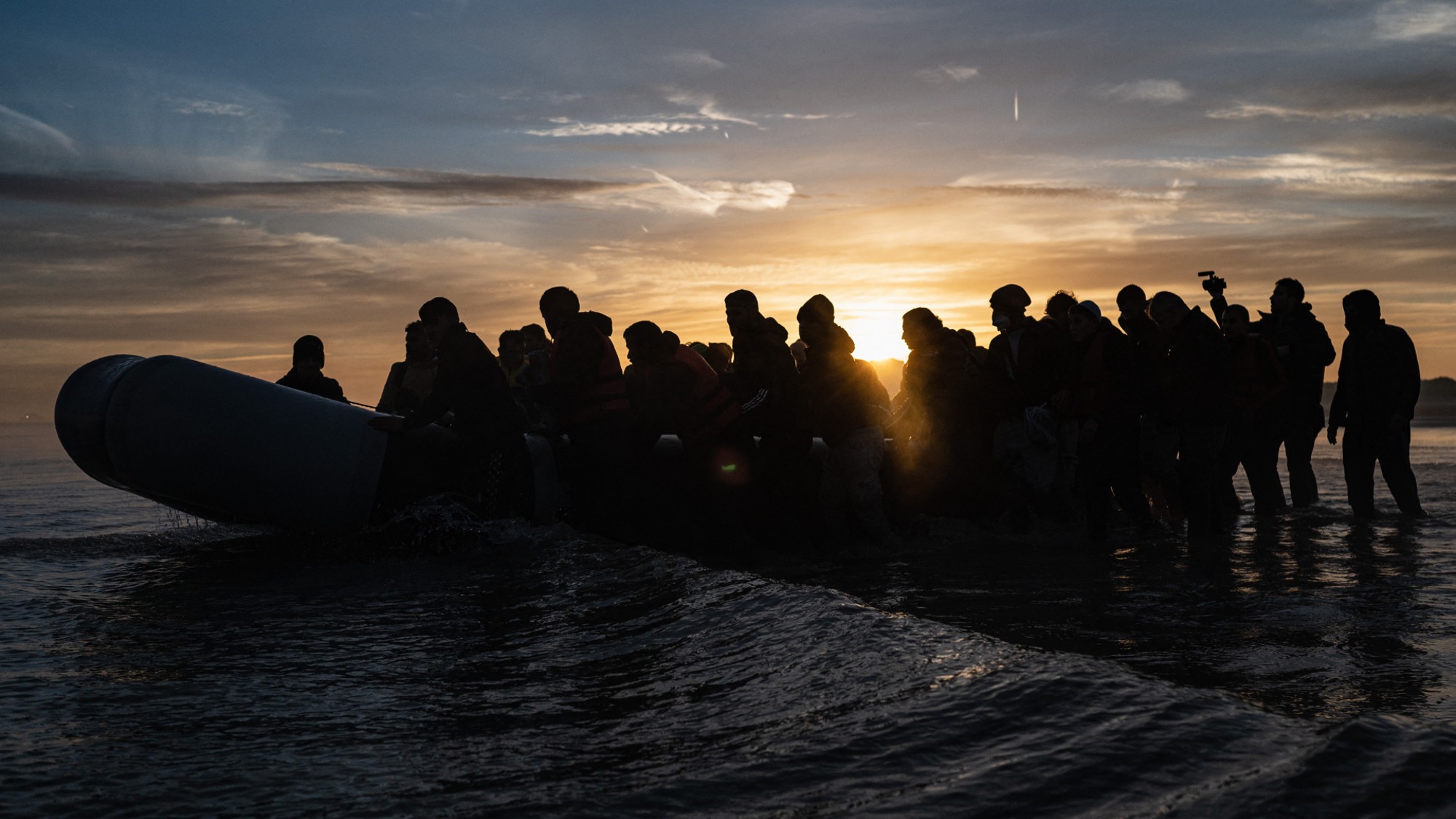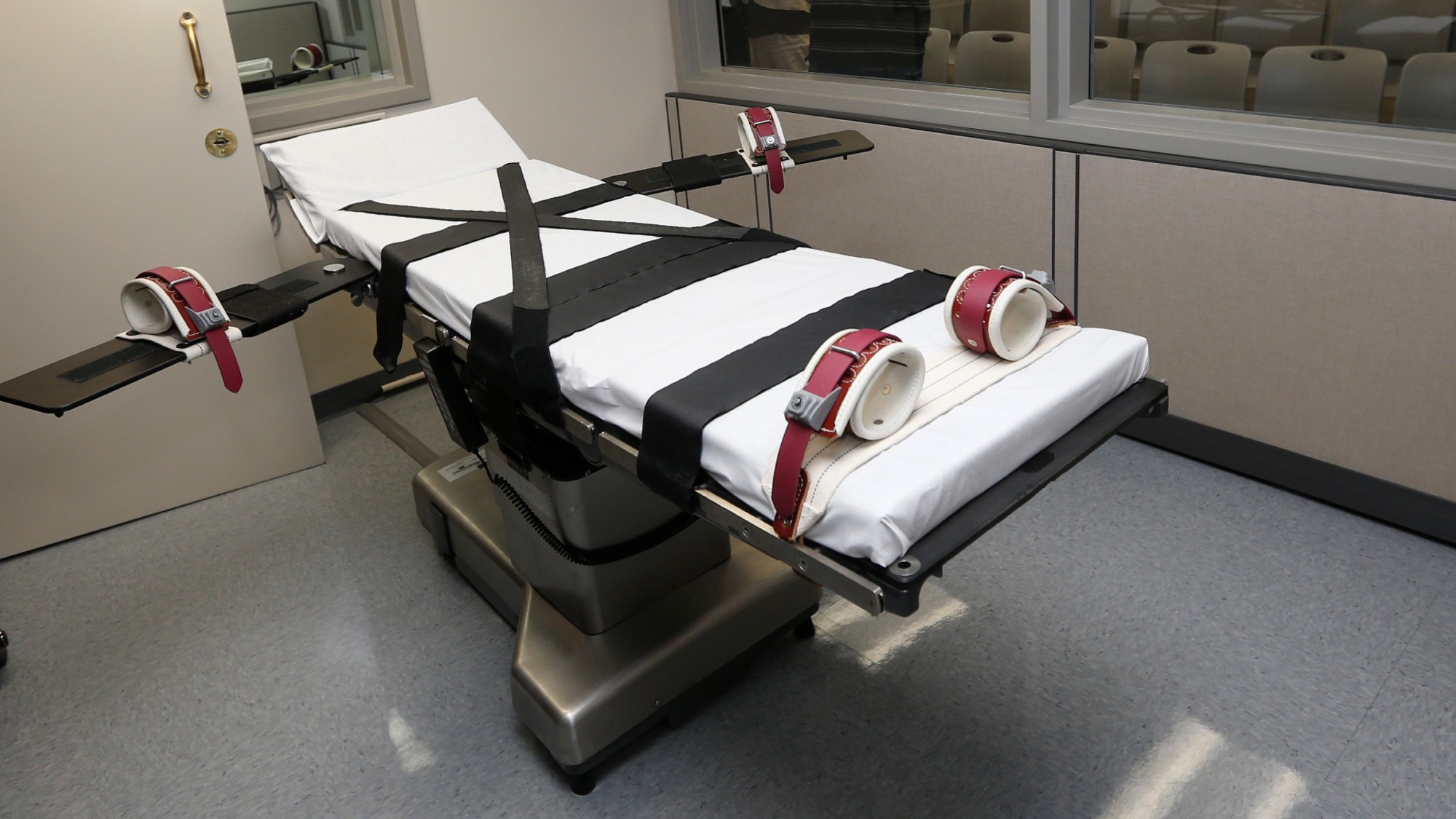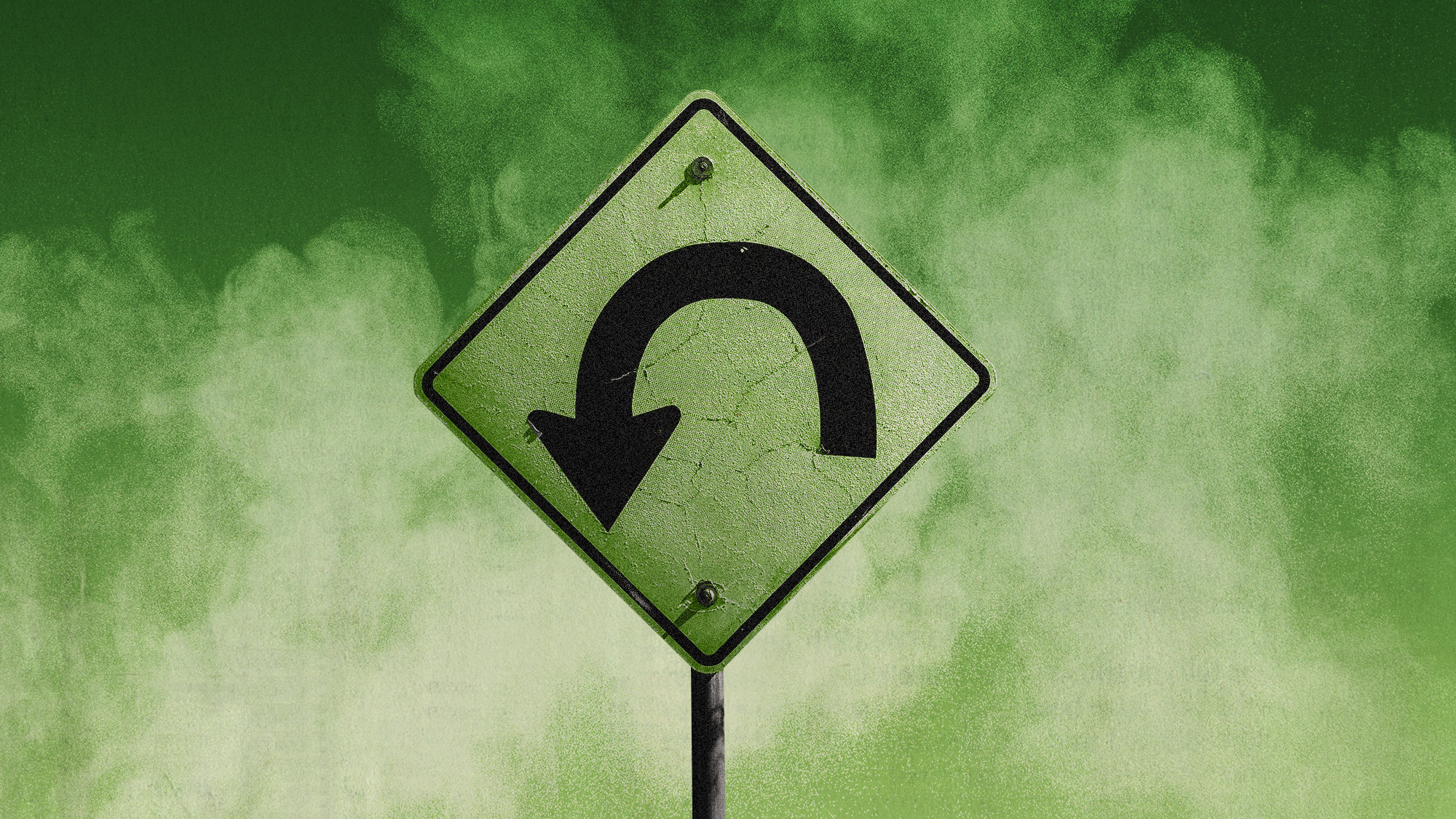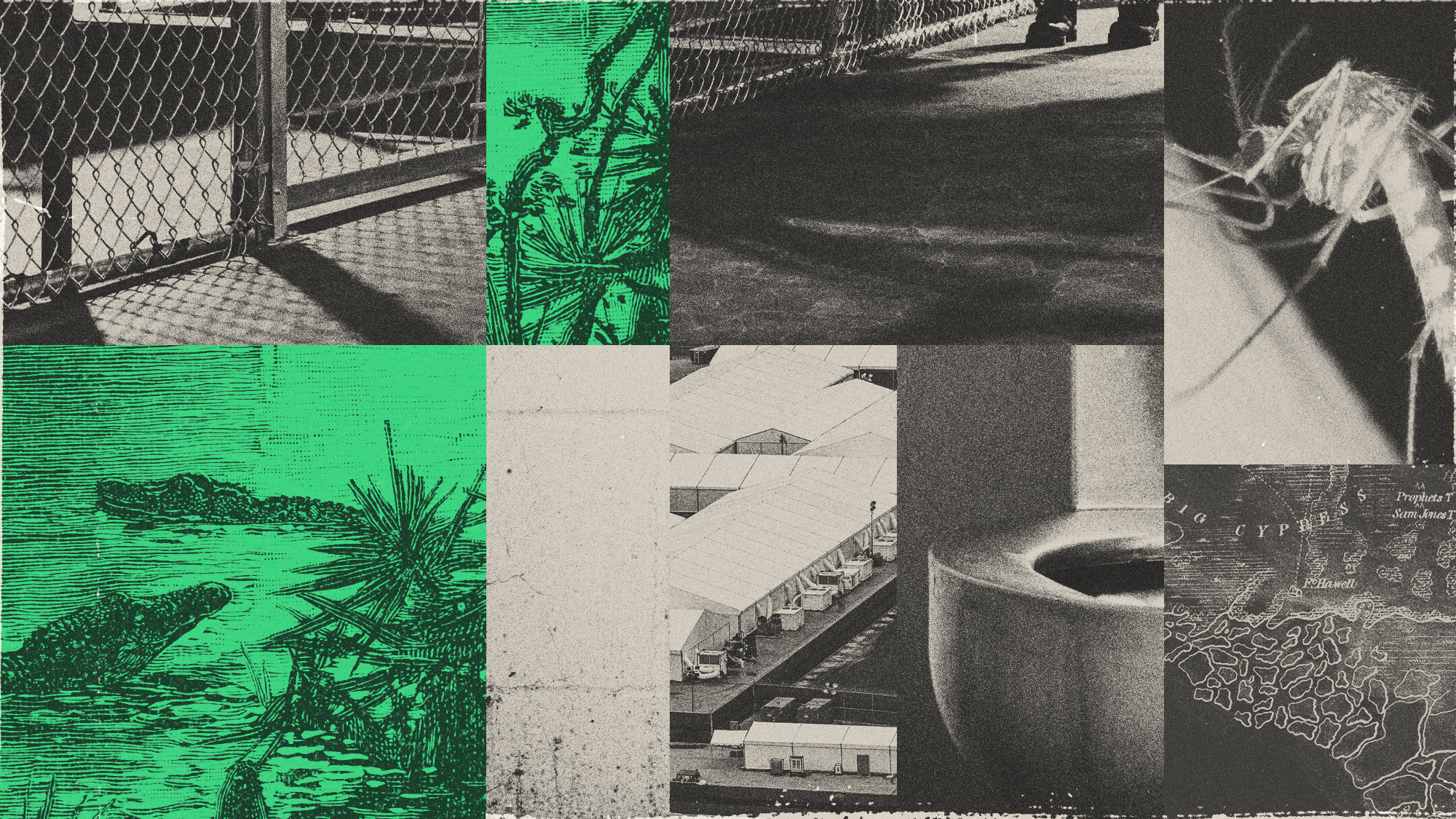How people-smuggling gangs work
The Government has promised to 'smash' the gangs that smuggle migrants across the Channel. Who are they and how do they work?

A free daily email with the biggest news stories of the day – and the best features from TheWeek.com
You are now subscribed
Your newsletter sign-up was successful
Migrants have been illegally crossing the 20-mile stretch of the Channel between northern France and Britain on boats for decades.
However, the "industrialisation" of the process began in earnest in 2018. In the years prior to this, most people smuggling was done in lorries, via cross-Channel ferries or the Eurotunnel. The European migrant crisis of 2015-18 led to extra security measures around the ports and the tunnel's entrance area, as did high-profile trafficking tragedies such as the deaths of 39 Vietnamese people in a recently arrived truck in Essex in 2019. Brexit and Covid made truck journeys still more difficult and expensive. As a result, smugglers' business models changed: lorries are still used, but places in them are rarer and much more expensive. The smugglers' solution was the small boat crossing.
What makes Channel people smuggling an attractive business model?
The outlay involved is modest. According to the Global Initiative Against Transnational Organised Crime, a respected NGO, in its report Small Boats, Big Business, smugglers buy a boat, usually a cheap rigid inflatable with an outboard motor made in China, and shipped clandestinely via Turkey and Germany. The total cost, including delivery, is about €10,000. But the smugglers put about 50 people, each paying at least €2,000, into each boat (the boats, usually eight metres by two metres, are actually designed for about ten passengers). This means that a single trip can generate €100,000 in profit, though, of course, gangs have costs other than the hardware. One smuggler told Sky News that he had launched 12 dinghies last year and had made around €800,000.
The Week
Escape your echo chamber. Get the facts behind the news, plus analysis from multiple perspectives.

Sign up for The Week's Free Newsletters
From our morning news briefing to a weekly Good News Newsletter, get the best of The Week delivered directly to your inbox.
From our morning news briefing to a weekly Good News Newsletter, get the best of The Week delivered directly to your inbox.
Who are the people smugglers?
They are largely of Iraqi Kurdish origin. The first gangs to use small boats in 2018-19 were of Kurdish Iranians, migrants who had made the trip themselves and had seen the money to be made.
Since 2019, Iraqi Kurds have largely taken control of the key embarkation points: there are only about 100 miles of viable coast between Dunkirk and Le Touquet, and the territory is divided according to smugglers' home regions. Gangs from Ranya in Iraqi Kurdistan control the prime section around Calais and Dunkirk; Iranian Kurds maintain some control west of Calais. Turf wars are often violent, and gangs are heavily armed with knives and guns. Albanian gangs have also been involved, but largely as middlemen for established Iraqi Kurd networks; likewise, Africans and Afghans often work for the Kurdish gangs.
How does the process work?
Migrants are directed to "holding pens" across northern Europe – as far away as Paris, Amsterdam and Frankfurt – to await their journey. These include rooms rented by the gangs, as well as hotels, some of which offer discounts for migrants and provide services, such as sending luggage on to the UK.
When sea conditions are deemed safe enough for a crossing – a swell (the level of the waves) below 70cm and wind at less than 15 knots – the migrants are transported, or make their own way, to the embarkment sites along the northern French coast. The smugglers will send details of where to head to, usually by WhatsApp, and will often send multiple locations.
A free daily email with the biggest news stories of the day – and the best features from TheWeek.com
Once migrants are on the beach, the gang's local members deliver the boat for the crossing, inflate it and assemble it. The boat will then launch for the journey, which can take between four and eight hours. The craft are usually "captained" by migrants who are offered free or cheap transit in exchange, though they often have no seafaring experience.
How many people use the boats?
In 2018, the number was just 299, but since then it has grown exponentially; 2022 saw the highest, with 45,774 registered arrivals. This dipped to 29,437 in 2023, but 2024 had logged 33,500 arrivals by 17 November, so this year will be the second-largest figure. In total, more than 147,000 are known to have arrived in this way (about 80% of all registered irregular arrivals to the UK). At least 250 people are known to have died in the attempt. Most crossings take place in the second half of the year, particularly the summer, when conditions are safer.
Five countries dominate numerically among small boat arrivals, making up two-thirds of the total over the past six years: Iran (18.5%); Afghanistan (14.7%); Iraq (13.2%); Albania (12.1%); and Syria (7.6%). Other nations represented include Eritrea, Sudan, Turkey and Vietnam.
What has the Government done about this?
In 2023, Rishi Sunak made "stopping the boats" one of his key priorities. A deal to return migrants to Albania – which is deemed a safe country – led to Albanian asylum applications falling from 14,347 in the year to March 2023 to 2,836 the year after. He also pledged to send all asylum seekers who had arrived irregularly to Rwanda. Keir Starmer abolished the Rwanda scheme; and in the absence of political solutions – such as a returns agreement with France, or official safe migration routes – has promised to "smash" the gangs, in part by creating a unified Border Security Command.
How successful will this be?
Martin Hewitt, the new Border Security Commander, has talked less of smashing the gangs and more of "chipping away" at their business models: cooperating with Bulgaria to intercept smuggling boats at the Turkish border; working with social media companies to remove smuggling adverts from TikTok, X and YouTube; trying to disrupt the gangs themselves by arresting key players.
However, pursuing criminals abroad poses major challenges, and success will depend largely on global trends, not British actions. As long as there are profits to be made – the Channel smuggling trade was worth an estimated €150 million a year in 2022 – removing one crime group will just create an opportunity for another. But the growing tendency to tighten borders in Europe will see fewer migrants arriving in northern France.
-
 How the FCC’s ‘equal time’ rule works
How the FCC’s ‘equal time’ rule worksIn the Spotlight The law is at the heart of the Colbert-CBS conflict
-
 What is the endgame in the DHS shutdown?
What is the endgame in the DHS shutdown?Today’s Big Question Democrats want to rein in ICE’s immigration crackdown
-
 ‘Poor time management isn’t just an inconvenience’
‘Poor time management isn’t just an inconvenience’Instant Opinion Opinion, comment and editorials of the day
-
 The Epstein files: glimpses of a deeply disturbing world
The Epstein files: glimpses of a deeply disturbing worldIn the Spotlight Trove of released documents paint a picture of depravity and privilege in which men hold the cards, and women are powerless or peripheral
-
 Death in Minneapolis: a shooting dividing the US
Death in Minneapolis: a shooting dividing the USIn the Spotlight Federal response to Renee Good’s shooting suggest priority is ‘vilifying Trump’s perceived enemies rather than informing the public’
-
 How the Bondi massacre unfolded
How the Bondi massacre unfoldedIn Depth Deadly terrorist attack during Hanukkah celebration in Sydney prompts review of Australia’s gun control laws and reckoning over global rise in antisemitism
-
 Executions are on the rise in the US after years of decline
Executions are on the rise in the US after years of declineThe Explainer This year has brought the highest number of executions in a decade
-
 Trump lambasts crime, but his administration is cutting gun violence prevention
Trump lambasts crime, but his administration is cutting gun violence preventionThe Explainer The DOJ has canceled at least $500 million in public safety grants
-
 Illicit mercury is poisoning the Amazon
Illicit mercury is poisoning the AmazonUnder the Radar 'Essential' to illegal gold mining, toxic mercury is being trafficked across Latin America, 'fuelling violence' and 'environmental devastation'
-
 Thailand is rolling back on its legal cannabis empire
Thailand is rolling back on its legal cannabis empireUnder the Radar Government restricts cannabis use to medical purposes only and threatens to re-criminalise altogether, sparking fears for the $1 billion industry
-
 Insects and sewer water: the alleged conditions at 'Alligator Alcatraz'
Insects and sewer water: the alleged conditions at 'Alligator Alcatraz'The Explainer Hundreds of immigrants with no criminal charges in the United States are being held at the Florida facility